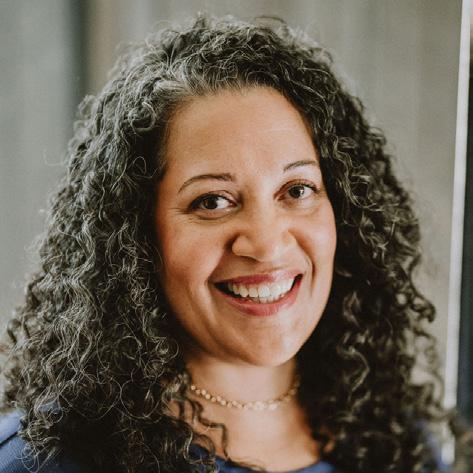
3 minute read
Pushing back against for-profit care
The fight to protect public health care in British Columbia is an ongoing battle, and both the provincial and federal governments are keeping a close eye on the situation.
In recent years, there have been several high-profile court battles between B.C. and companies attempting to circumvent the public health care system.
In February, the B.C. Medical Services Commission – the province’s health care watchdog –filed a lawsuit against Harrison Healthcare Inc., asking the courts to shut it down. The company, which has clinics in Vancouver and Calgary, is accused of charging people for health services that are covered by the public system.
According to the commission, Harrison Healthcare is violating the Medicare Protection Act (MPA), but the allegations have not been proven in court.
In 2022, the B.C. watchdog filed a similar lawsuit against Telus Health’s subscription-based LifePlus program. The commission claimed the Telus service was breaking the law by charging patients for services that should be publicly covered.
As reported by CBC, it hired a private investigator who went undercover as a client and was told they would have to pay a year-
Voices
ly fee to see a family doctor.
In April 2023, Telus agreed to modify its LifePlus program, and the government withdrew its injunction.
Federal pushback
The issue of a two-tier system isn’t confined to B.C.
In March, federal health minister Jean-Yves Duclos warned provinces and territories that he would withhold some of the federal health care transfer money from provinces where private clinics have been operating.
Changes in 2020 to the federal health act meant that provinces weren’t supposed to permit private clinics to offer diagnostic testing for a fee. However, not all provinces have complied.
The minister’s deductions were to reflect the estimated amount Canadians paid, between 2020 and 2021, to access private health services that are also freely available from the public system.
The Globe and Mail reported an estimated $82.5 million of health transfer monies were held back, affecting seven provinces.
For B.C. it meant $17 million was to be withheld, but the federal ministry made an exception. That’s because B.C. has made it illegal for clinics to charge for diagnostic testing, and enacted a plan to expand access to MRIs and other testing in clinics and hospitals across the province.
Cambie Case comes to an end
It’s been 14 years since B.C. physician Brian Day made headlines in his quest to provide private health care and surgeries to those who could pay.
In 2007, dozens of patients complained of being illegally extrabilled at Day’s Cambie Surgeries Clinics, triggering a government audit.
Day reacted by launching a constitutional challenge against the province over whether private health clinics can charge patients for surgeries that are publicly insured and normally done in hospitals.
The case was plagued by lengthy procedural delays, but in 2020 the B.C. Supreme Court ruled that provincial laws which limit a two-tier health care system do not contravene the Charter of Rights and Freedoms.
Day appealed this decision to the B.C. Court of Appeals, which upheld the decision. He then appealed to the Supreme Court of Canada.
In April 2023, the Supreme Court upheld the lower courts’ decisions and denied Day any further appeals.
Becoming a transformational leader
WHEN people think about being a leader in a large organization or union, it often feels like a monumental task – one that many don’t feel equipped to take on. But leadership comes in many different forms, and being an elected leader is only one pathway.
Leadership is about building community and relationships. Transformational leadership is about having a vision of what we can accomplish together, and finding a path forward.
Some of the important skills of being a transformational leader are those that HEU members practice every day: active listening, empathy, compassion, courage, curiosity and humility. The organizing skills that HEU members gain by advocating for better working conditions are similar to those of a transformational leader.
Leadership is about building community and relationships.
Leadership is also about constantly learning and improving. It involves mentorship, and knowing when it’s time to lead and when it’s time to let others lead. HEU members can build their leadership skills by connecting with other members, and building community through workshops, union meetings and events.
These opportunities for connection help build your confidence to speak up for yourself, your co-workers and your community. It’s also critical for members to share their learnings with others so we can build our collective leadership skills.

WAGE CAMPAIGN










